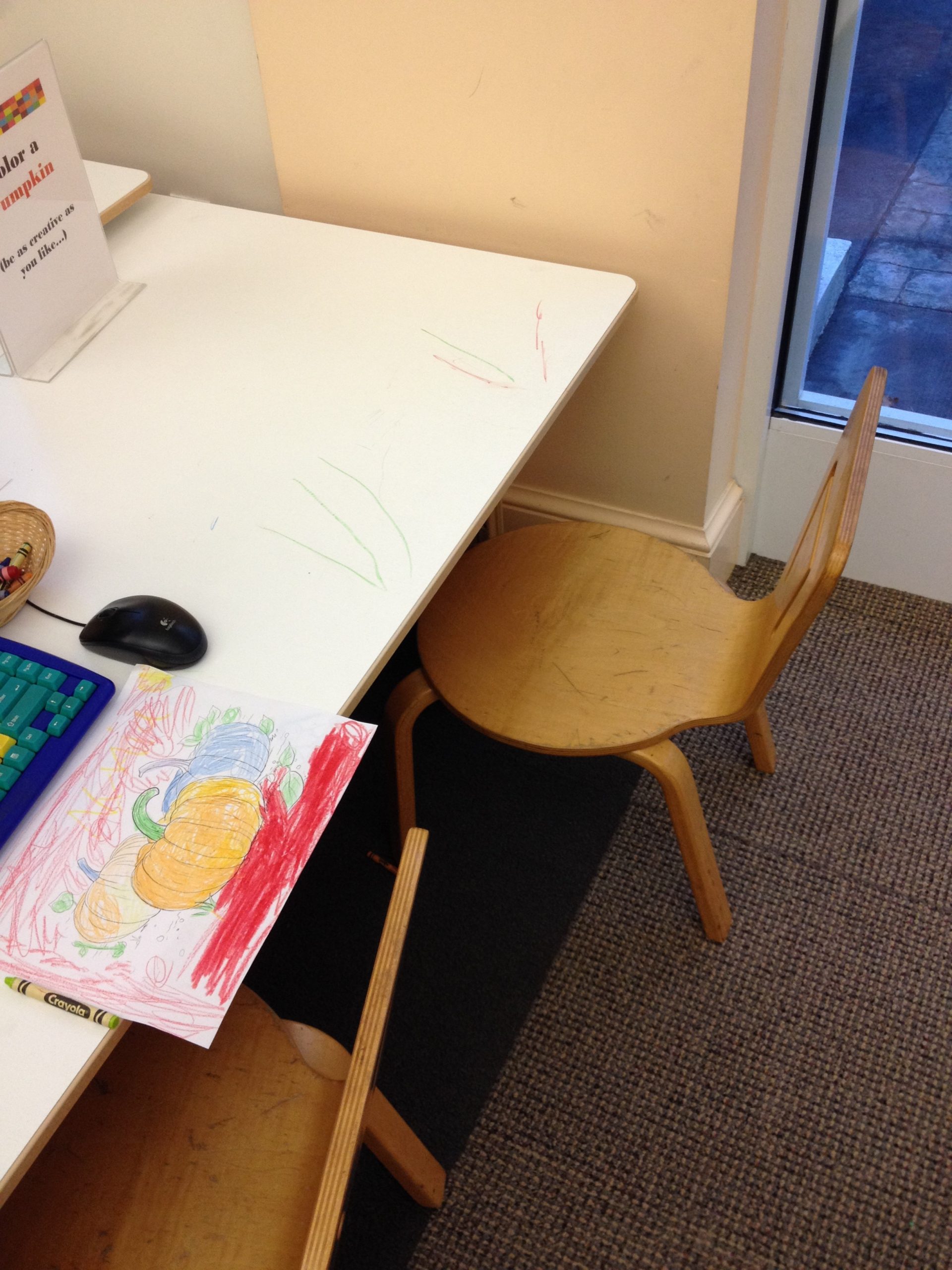Academic rebound has been the hope of many school districts since the pandemic. Many educators predicted a learning drop in student performance because of remote instruction. However, students continue to gain the lost ground in their learning. Yet, some students moving from middle to high school may not recover from their loss.
The pandemic was harder on some students than others. Research from Harvard found a lack of academic progress depended on where students lived during the pandemic. “Children have resumed learning, but largely at the same pace as before the pandemic. There’s no hurrying up teaching fractions or the Pythagorean theorem,” said CEPR faculty director Thomas Kane. Students from low-income backgrounds have not caught up academically. A global analysis shows students have not recovered from academic losses over two years.
Academic Rebound is Slow
On average, students are still about half a year behind in math and about a third in reading. Students fell behind despite many efforts to recover from the pandemic. Schools need to spend the pandemic relief money to help students ‘catch up’ academically.
Data from decades before shows schools do not come back after a disruption in a student’s schooling. Thus, schools can’t make up the learning themselves. School communities must be involved in making up for the learning loss. Opportunities outside the regular school year need to add academic content. Libraries, summer camps, and after-school programs can help with learning.
A recent survey shows one in ten parents were concerned with students struggling to make up the learning. Another group of parents say students had no learning loss. Still, some data found over 90% think their student is performing on or above grade level in reading and math. Despite standardized test results, they feel their children have made academic progress since the pandemic. The school may confuse academic progress by not giving parents clear information on the grading system. Classroom grades measure student progress. But, many test grades are misleading.
Pay Attention to Progress
Parents and educators must pay more attention to their student’s proficiency level on tests. A classroom grade of an A or B does not mean the student is proficient according to the state’s standards. The earned grade does not mean students are at grade level. Parents and teachers need always to push for students to improve. Also, they need to question how the Emergency Relief Fund helps students to improve.



